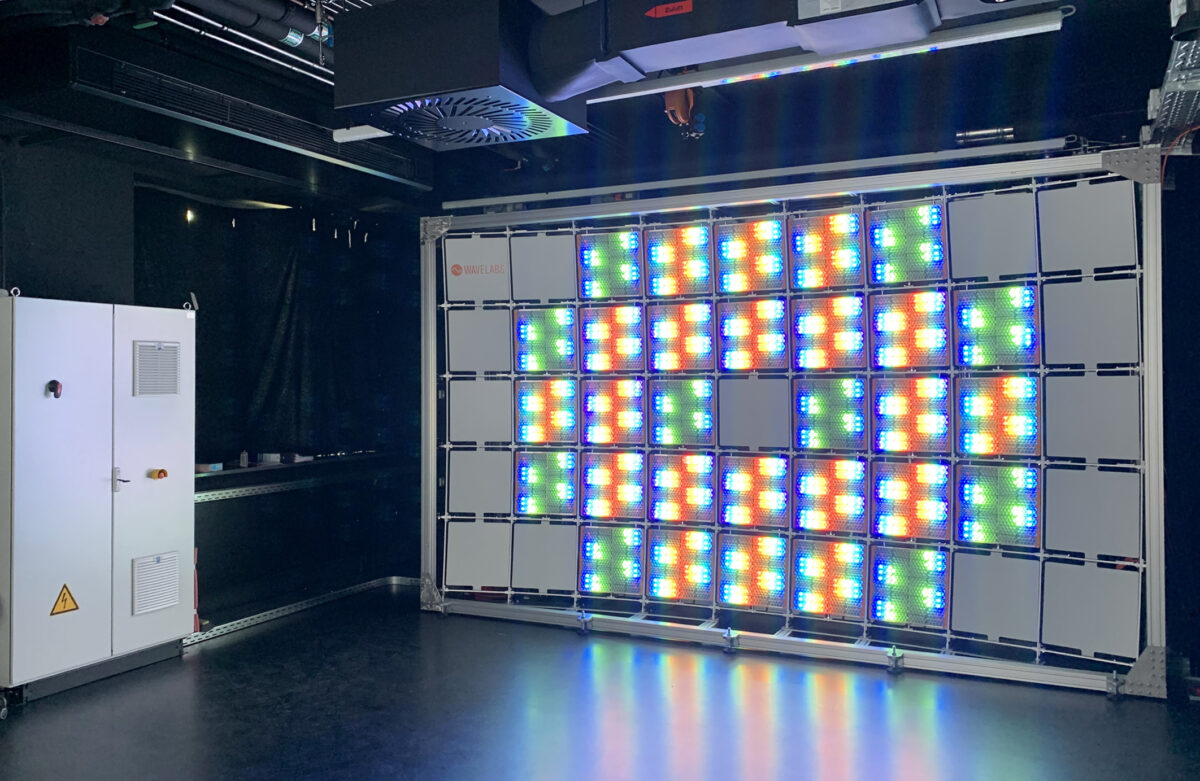German PV testing equipment supplier, Wavelabs Solar Metrology Systems GmbH, introduced two new solar simulators based on its light emitting diode (LED) flasher technology, one for module production lines, and the other for research laboratories.
Wavelabs developed its Sinus-3000 Pro line for manufacturers who want a “fast, cost-efficient” module characterization tool. It can be configured as an “all-in-one system” to perform power measurements, bypass diode testing, insulation testing, visual inspection, and electroluminescence measurements. Suitable for high-efficiency cell technologies, such as heterojunction (HJT) and tunnel oxide passivated contact (TOPCon) technology, it can be outfitted with a rear-side flasher to test bifacial modules.
The Sinus-3000 Pro will be marketed in Europe, the Middle East and North Africa, the Americas Asia Pacific, and India, according to the company.
The research laboratory-oriented tool, Sinus-3000 Advanced, was developed to test perovskite-silicon tandem, multi-junction and other new material cells. It has up to forty-five LED modules with twenty-six individually controllable LED channels in its basic configuration and provides continuous illumination, spectra selection, and shifting light intensity.
Popular content
The Sinus-3000 Advanced emerged from a collaboration between UK-based tandem solar cell pioneer, Oxford PV, the German Fraunhofer Institute for Solar Energy Systems (ISE), and Wavelabs. “It is important to provide highly precise and reproducible measurements for emerging technologies like perovskite-silicon tandem solar cells as soon as possible so that there can be objective competition,” said Prof. Stefan Glunz, Division Director for Photovoltaic Technologies, Fraunhofer ISE, in a statement.
Wavelabs will be demonstrating the equipment at Intersolar Europe this week in Munich, Germany
This content is protected by copyright and may not be reused. If you want to cooperate with us and would like to reuse some of our content, please contact: editors@pv-magazine.com.


By submitting this form you agree to pv magazine using your data for the purposes of publishing your comment.
Your personal data will only be disclosed or otherwise transmitted to third parties for the purposes of spam filtering or if this is necessary for technical maintenance of the website. Any other transfer to third parties will not take place unless this is justified on the basis of applicable data protection regulations or if pv magazine is legally obliged to do so.
You may revoke this consent at any time with effect for the future, in which case your personal data will be deleted immediately. Otherwise, your data will be deleted if pv magazine has processed your request or the purpose of data storage is fulfilled.
Further information on data privacy can be found in our Data Protection Policy.